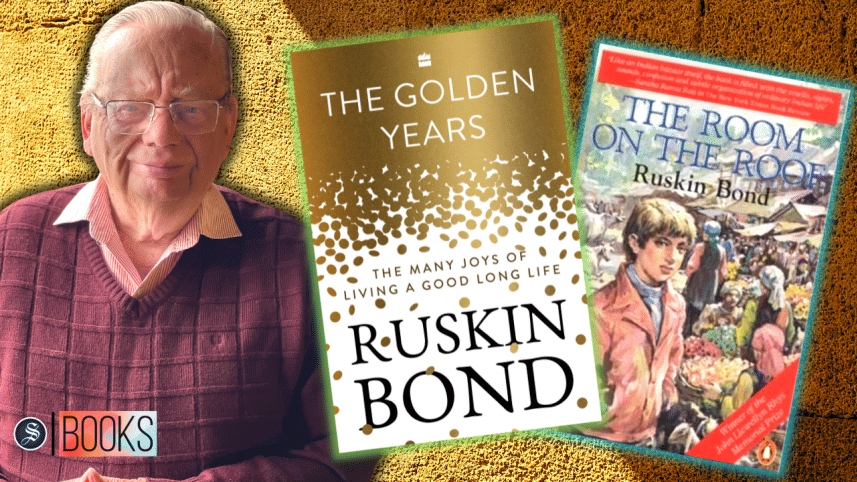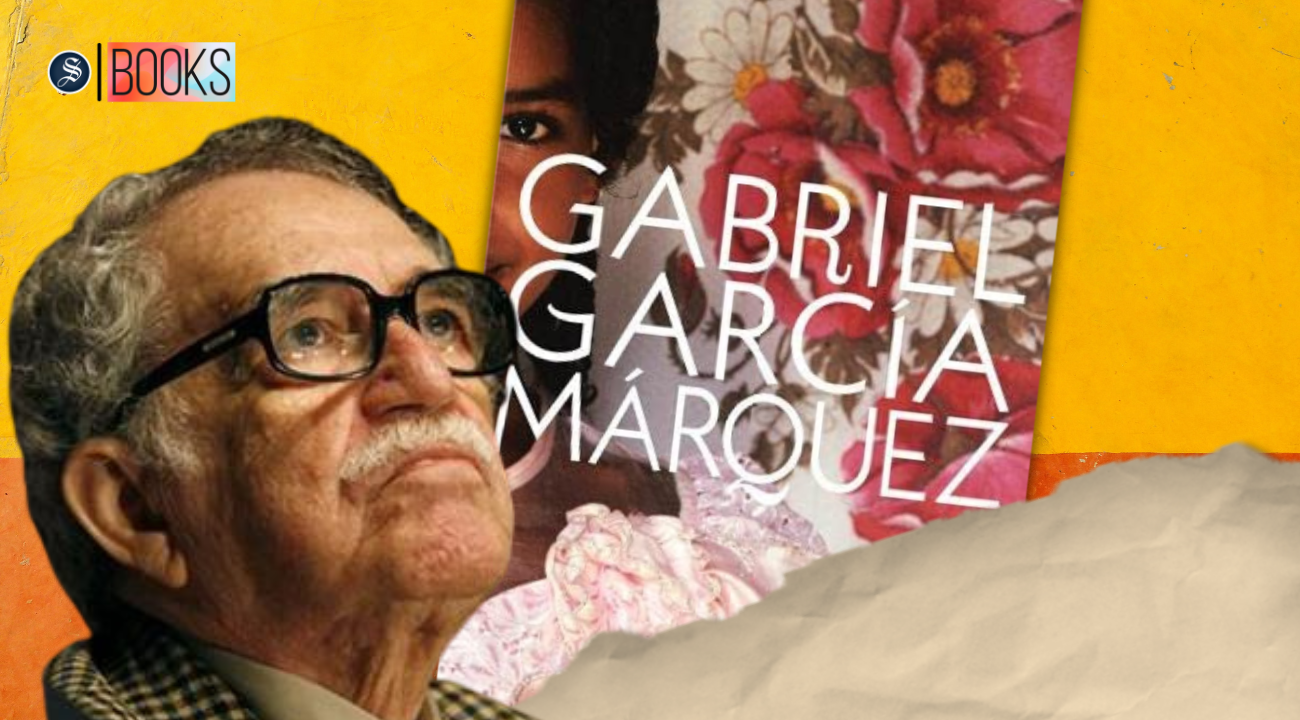Ruskin Bond, 89, is still writing

Ruskin Bond, one of India's most well known and beloved writers, turned 89 on May 19, 2023. Even after publishing more than 100 books–starting with an award winning first novel, The Room on the Roof (first published 1956), published when he was just 17–he hasn't stopped reading and writing. In his illustrious career spanning over seven decades, Bond has written a number of novels, memoirs, short stories, children's books, essays, and journals. And he isn't done yet.
The author believes writers don't retire. Publishers won't let him either. On his 89th birthday, three of his books are getting published by three different Indian publishers. One of them, The Golden Years (HarperCollins India), is a slim hardbound, just over 150 pages. Written in an accessible, simple language, The Golden Years is a fine distillation of his rich experience, vast knowledge and accumulated wisdom. He breaks it all down in this book–what it means to grow old, how to enjoy advancing years. Old age can be the best time of your life, he writes, and there are a great many things an old person can do and enjoy in his old age.
In just one or two page long chapters laced with his trademark humour, Bond shares his thoughts, experiences, and witty anecdotes from his eventful life. His writing can make you pause, think, and smile. "An apple a day may keep the doctor away but sometimes it brings the dentist into play", and "Human beings are fickle. Give them everything they want, and they will still ask for more", he says.
At the beginning, he writes that this book can also be of interest to young people who don't believe they'll ever grow old. But they too will grow old. He wants the young and old to live in the moment, day by day, month by month, appreciating the small blessings that come along.
He advises young people to acquire the habit of reading books. He wants them to make friends and sit with books, and "be friends with birds–and sing!" He calls himself more of a reader than a writer, adding that he'd a habit of reading a book a week when he was young. 70 years later, he still reads a lot. Sometimes three books a week. It was reading that kept him going, he says. More than an occupation, he notes in the book, "reading is a consolation–joy not dulled by age; a selfish, serene, lifelong intoxication."
There is a kernel of wisdom on almost every page of this book. Bond has been a witness and seen it all unfold around him for more than seven decades. He writes that sometimes what you desire the most can come to you when you least desire it and expect it. "Life is like that. If you want something badly it can be hard to get", he writes in the book. "Turn aside, forget it and it will come to you when you least expect it." How true!
Bond wants the young and old to cherish the simple joys of living–small things that leave lasting impressions. First day at school, for example; the face of a loved one gone. And he is not averse to taking it easy at times, and having an afternoon siesta. "An angry man cannot sleep. A troubled man lies awake at night, thinking, worrying. The lazy man needs no sedative. He is the sedative."
From the coronation of the late Queen of England to being witness to historical events unfolding in India over the past 70 years, the author has been a witness to it all. He's lived a full life. Most of it in the hills of Landour, Mussoorie, where he has been living with his adopted family, in the company of his books and imagination, surrounded by trees, mist, sunshine, and birdsong.
"It is always good to have seen a piece of history," he writes in this book, "not the wars and inhumanity, but the peace and humanity that can still survive in a broken world." There's always a gleam of light in the darkness, he writes, and that we can "turn away from the ugly in order to appreciate the beautiful". He wants the young and old to embrace the world as it is, along with its joys and troubles. Because, as he writes:
"We grew up in a troubled world and here we are, still in a troubled world. It will always be so because humans are troublesome by nature. But if we have survived into the sixties and beyond, it is because we have learnt to live with trouble."
The good old man of letters is much loved by his young and old readers. They sometimes post letters to him. He replies to some. In the end, he wants his readers to look at the brighter side of life. As he wrote many years ago, which he says is as true today:
"When all the wars are done, a butterfly will still be beautiful."
Majid Maqbool is a journalist and writer based in Kashmir.



 For all latest news, follow The Daily Star's Google News channel.
For all latest news, follow The Daily Star's Google News channel. 


Comments